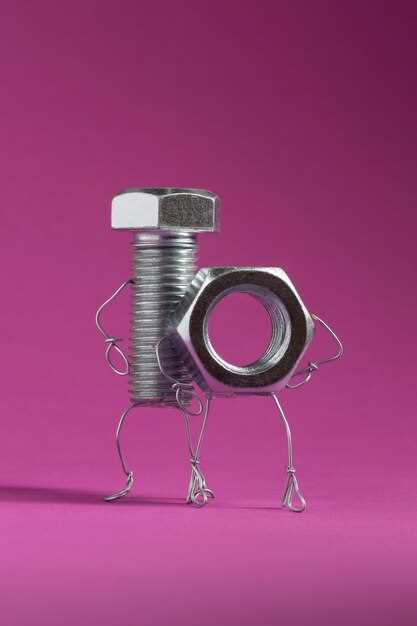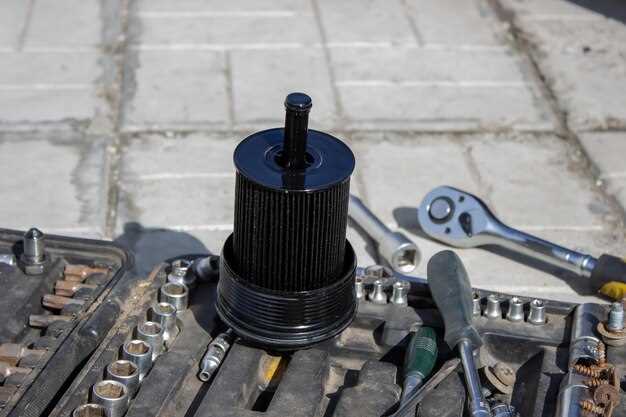
Proper transmission maintenance is crucial for the longevity and performance of your vehicle. Unfortunately, many car owners overlook essential care practices, leading to costly repairs that could be easily avoided. Understanding common mistakes can save you both time and money.
One of the most frequent errors involves neglecting regular fluid checks and changes. Transmission fluid plays a vital role in ensuring smooth shifting and preventing overheating. Failing to monitor this fluid can result in severe damage and expensive repairs down the line.
Another prevalent mistake is ignoring warning signs like slipping gears or delayed engagement. These symptoms can signal underlying issues that, if left unaddressed, will escalate repair costs. Proactive attention to your transmission’s performance will help maintain its efficiency and prolong its lifespan.
Furthermore, using the wrong type of fluid can lead to significant problems. Each transmission type requires a specific fluid type to function properly, and using the incorrect one can cause premature wear and damage. It’s essential to consult your manufacturer’s specifications when performing maintenance tasks.
Neglecting Regular Fluid Checks and Changes

Transmission fluid plays a crucial role in the performance and longevity of your vehicle’s transmission system. Failing to conduct regular checks and changes can lead to devastating consequences, both in terms of cost and the overall care of your vehicle. Over time, transmission fluid can become contaminated with debris and heat, losing its effectiveness in lubricating and cooling the components of the transmission.
When fluid levels drop or the fluid quality deteriorates, it can result in increased friction, overheating, and ultimately, transmission failure. The repairs associated with such failures can be exorbitantly expensive, often exceeding the cost of a routine fluid change by several factors. Regularly checking and changing your transmission fluid is an inexpensive investment in your vehicle’s health and can prevent significant mechanical issues down the road.
It’s important to follow the manufacturer’s recommendations for fluid maintenance. Some vehicles may require fluid changes as frequently as every 30,000 miles, while others may have longer intervals. Neglecting this essential maintenance not only affects the performance but also diminishes the overall reliability of your transmission. Safeguarding your vehicle with timely fluid checks and changes will ensure a more efficient and dependable driving experience.
Ignoring Warning Signs of Transmission Issues
One of the most critical aspects of maintaining your vehicle is paying attention to the warning signs that indicate potential transmission issues. Neglecting these signals can lead to more extensive repairs and significantly higher costs down the line.
Common warning signs include unusual noises, such as grinding or whining, which often indicate internal problems within the transmission. Delayed or rough shifting can also signal that something is amiss. Additionally, if you notice fluid leaks under your vehicle, this could point to a serious issue requiring immediate attention.
Ignoring these symptoms can result in catastrophic failure. As a transmission is a complex system, early intervention is key. Addressing problems as they arise can save you both time and money. The cost of a simple repair is usually much less than that of a complete transmission replacement caused by neglect.
Taking your vehicle to a professional at the first sign of trouble is essential. A trained mechanic can diagnose the problem accurately and recommend necessary repairs, potentially saving you from the headache of extensive damage. Do not overlook the importance of timely maintenance; being proactive can enhance the longevity and performance of your transmission.
Overlooking the Importance of Professional Inspections

Regular professional inspections are essential for maintaining your vehicle’s transmission system. Ignoring this fundamental practice can lead to costly repairs and prolonged vehicle downtime. Here are key reasons why investing in professional inspections is crucial:
- Early Detection of Issues: Professionals have the experience to identify potential problems before they escalate. Small issues can become significant headaches if not addressed promptly.
- Comprehensive Assessment: Trained technicians are equipped with specialized tools and knowledge to assess the entire transmission system comprehensively. This thorough examination is often missed in casual inspections.
- Informed Recommendations: A qualified mechanic can provide tailored advice based on the specific condition of your transmission, helping you make informed decisions about necessary repairs or maintenance.
Neglecting regular professional inspections may save money in the short term, but it often leads to increased costs over time due to extensive repair needs. Proper care through routine inspections ensures that your transmission functions smoothly and extends its lifespan.
- Preventive Maintenance: Regular inspections can serve as a solid preventive maintenance strategy, potentially saving you from emergency repairs that could arise from undetected issues.
- Warranty Compliance: For those who own vehicles under warranty, many manufacturers require proof of regular inspections. Skipping this step can void your warranty coverage and lead to unexpected repair costs.
Ultimately, prioritizing professional inspections is an investment in the longevity and reliability of your vehicle. Regular care can prevent more severe issues, keeping your total repair costs down and ensuring a safe driving experience.

